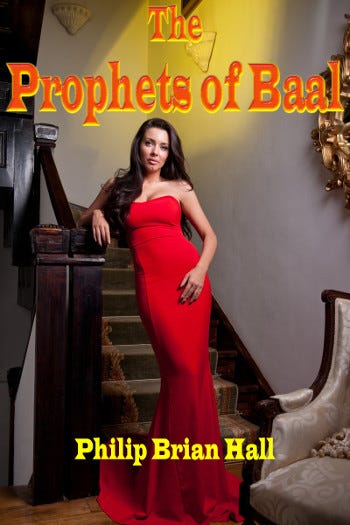Writing the first page
Is it harder than the last page?

The first page is always likely to get most revisions. Remember, your reader has to to want to read beyond the first page. By the time he reaches the last page, he isn’t likely to stop before reading it, is he?
Sadly, gone are the days when Thackeray could spend a few leisurely introductory pages of ‘Vanity Fair’ describing the slow approach of a stagecoach to a girls’ school. The modern reader sees no reason to be interested in this stagecoach, and beautiful description produces a yawn.
We are an age conditioned to expect instant gratification. Give me a reason to read your book, author. Give it to me right here on page one, or I’ll put the book down and pick up the next one on the (possibly virtual) shelf. In fact, give me a reason in paragraph one. Give me a reason in sentence one!
This problem is known to short story writers as finding a hook. A hook, as the name implies, grabs the attention of the reader in some way. It could be intriguing; it could be dramatic; it could involve movement. What it should not be is a tired old formula such as a guy walks into a bar, or someone finds something in a field. That’s not to say he can’t do either of these things later in the story, but it can’t be the first sentence since it suggests the story that follows could be trite.
The first sentence of ‘The Prophets of Baal’ reads, “The skull stared up from the pit.” I might have liked the skull to do something more dramatic than staring, but there’s a limit to what you can ask of skulls, and the skull is where this story starts. I like to try and keep the first sentence short. A convoluted sentence is harder to read, and to understand, so you don’t want to start with one. ‘Skull’ and ‘pit’ are both evocative words, and my hope was that the reader might be sufficiently interested to read on.
The first sentence of ‘The Family Demon’ reads, “I’m attracted to older women.” Because this book is a sequel, I wanted to start right away with the narrator, Toby Le Tocq, so readers would know not only that he was picking up where he left off, but that he was also revealing something new about himself. He had, after all, spent the first book romantically attached to a younger woman. I’m hoping this sentence is intriguing, because it certainly isn’t active. Thinking is, I have to admit, a good deal more iffy a start than doing.
But getting past the opening sentence is only the first challenge that the not necessarily interested reader poses to the writer. Get him to the end of the first paragraph; to the end of the first page; to read the whole of the first chapter. Now we are getting somewhere. For pity’s sake don’t backtrack in chapter two unless you are very famous and, in consequence, the reader will put up with being thrown out of the timeline before he’s properly settled into it. Now you have a bit of momentum and you can build more intrigue and mystery.
I suspect novelists get a few more sentences of latitude than short story writers, but not a whole lot.
By contrast, writing the last page is more like completing an arithmetical problem and writing ‘End’ instead of QED.
That’s assuming you know when you’ve finished, of course, but this skill is another matter entirely.
_________________________________________________________________________
_________________________________________________________________________
Writing fiction
I don’t write fiction. It writes itself. What I do is create characters and put them in testing situations. The more rounded my characters become, the more they themselves take over the plot. At the outset, I don’t necessarily even know how they are going to get out of the mess I’m getting them into.


